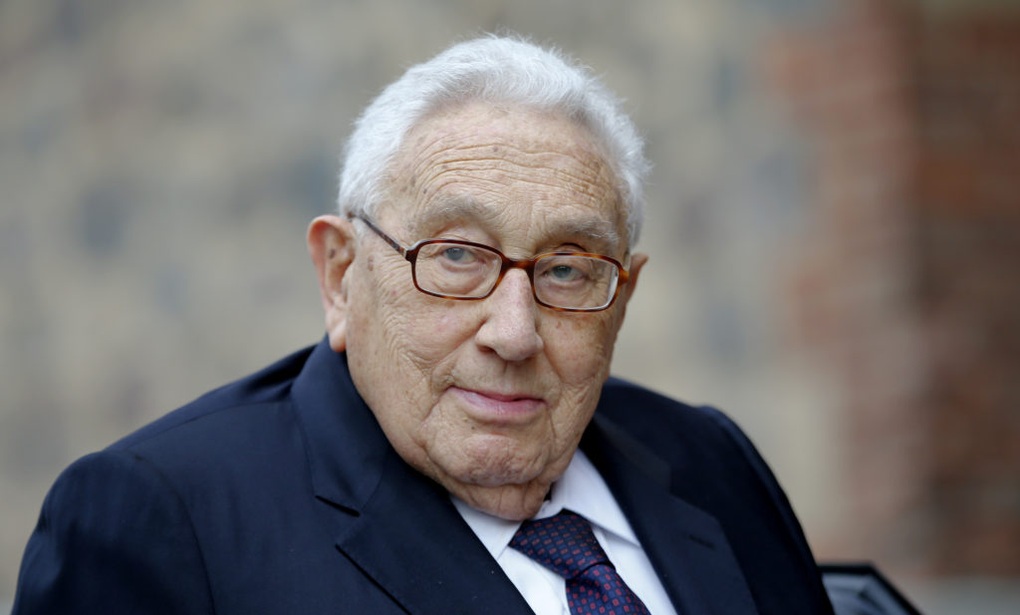
Mr. Henry Kissinger passed away on November 29 at his home in the US (Photo: Reuters).
Henry Kissinger has died at the age of 100 at his home in Connecticut, his consulting firm Kissinger Associates announced in a statement late on November 29. The funeral will be held privately by his family.
The statement did not give a cause of death. Kissinger remained active even after he turned 100, including a July visit to China to meet with President Xi Jinping.
Since the late 1960s, Mr. Kissinger has played a key role in shaping American foreign policy and responding to the complex dynamics of the Cold War.
Not only did he contribute as a thinker and scholar, he also left a significant impact through his positions as Secretary of State and National Security Advisor to two US Presidents, Richard Nixon and Gerald Ford.
Despite his influence, Kissinger's career has been controversial, even within the United States. Critics have argued that his approach to international affairs sometimes ignores ethical considerations.
In an article on The Conversation , three scholars, André Carvalho, Anurag Mishra and Zeno Leoni, argued that Kissinger's greatest contribution to US foreign policy was his advocacy of "realpolitik".
Mr. Kissinger believed that the United States should base its foreign policy decisions on a clear and systematic assessment of the balance of power. This approach advocated the pragmatic pursuit of national interests, rather than following abstract principles.
For the US, “realpolitik” also means that the country should actively cooperate with other powers to prevent any country that might threaten US dominance.
This approach shaped the way the former US secretary of state handled major events during the Cold War, such as the normalization of relations with China and détente with the Soviet Union in the early 1970s. It was also reflected in his approach to the war in Ukraine.
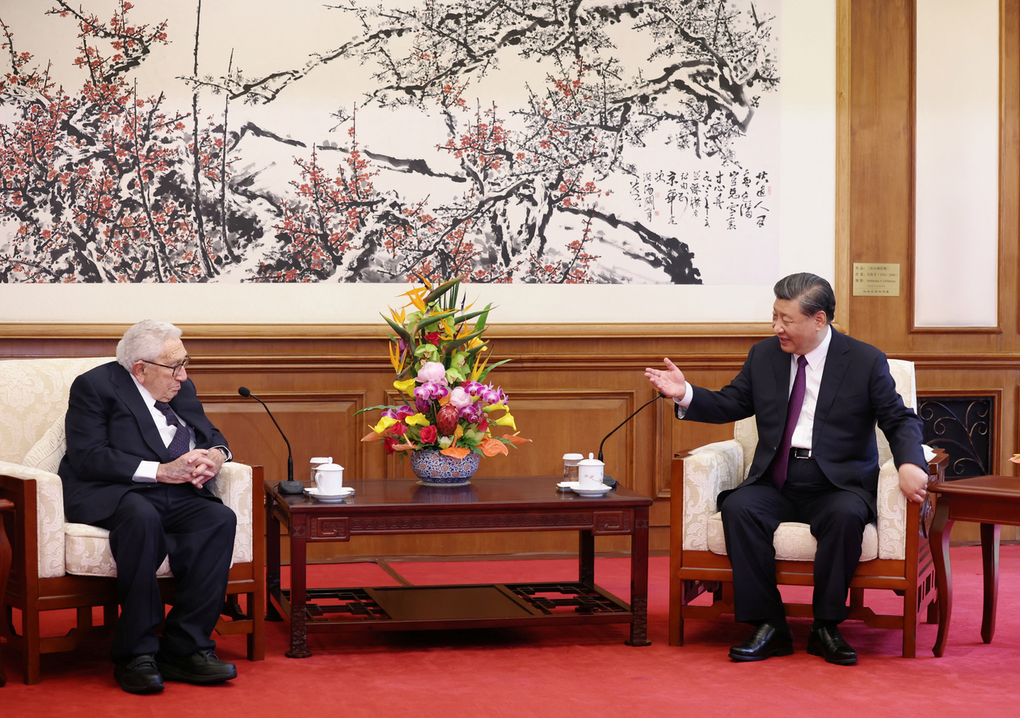
Chinese President Xi Jinping and Henry Kissinger, former US Secretary of State, meet at the Diaoyutai State Guesthouse in Beijing, China on July 20 (Photo: China Daily).
Nothing expresses the American diplomat 's practical thinking more clearly than his own words in his 1994 book "Diplomacy," according to Foreign Policy writer Michael Hirsh.
"(In the next century) America will need partners to maintain balance in some areas of the world , and these partners cannot be chosen based on moral considerations alone," Mr. Kissinger wrote in the book.
Mr. Hirsh points out that in the later stages of his life, Mr. Kissinger expressed concern about the possibility that Washington would take a confrontational approach to both China and Russia on ideological grounds, thereby risking self-isolation and reviving the Sino-Soviet alliance.
In 2018, Mr. Kissinger, then 95 years old, was said to have advised President Donald Trump to try to get closer to Russia to deal with China.
Criticisms
Kissinger's career has also drawn criticism.
Under President Nixon, Mr. Kissinger supported bombing campaigns in Cambodia, which inadvertently led to the rise of the Khmer Rouge.
He supported the American war in Vietnam, even though he concluded as early as 1965, after a visit there, that the war was hopeless, according to Barry Gewen, a scholar who wrote a book about the American diplomat.
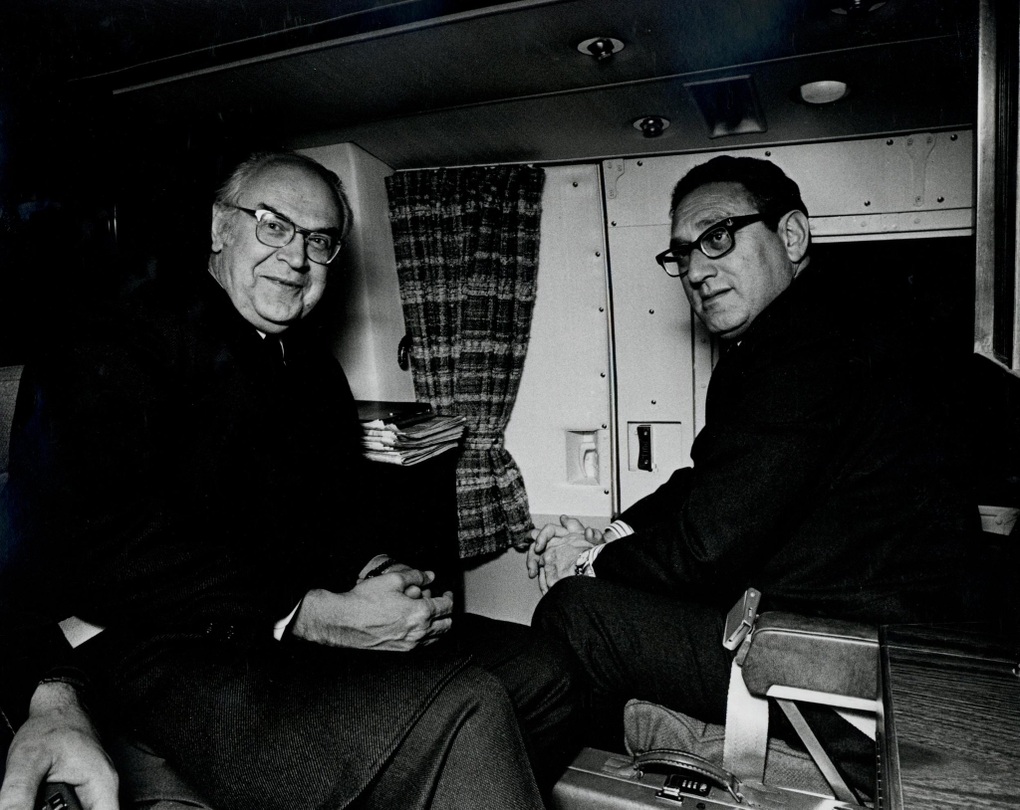
US Secretary of State Henry Kissinger and Soviet Ambassador Anatoly Dobrynin meet in a helicopter, January 25, 1974 (Photo: US State Department).
That is why Mr. Kissinger initiated the process of detente and nuclear arms control with the Soviet Union. But he also surprised Moscow in 1972 when he made a move to resume friendly relations with China.
According to AFP , declassified documents show that Mr. Kissinger expressed support for the coup in Chile by General Augusto Pinochet in 1973.
Some of Kissinger’s harshest critics, such as the late author Christopher Hitchens, have accused him of ignoring international law and violating the sovereignty of nations. His actions have also been seen as raising concerns about the transparency of US foreign policy decision-making.
In his later years, Kissinger was still trying to understand the world. But Hirsh argues that it is ironic that Kissinger, who has been accused of ignoring ethical considerations in his career, also appears to fear the loss of the human element.
In a series of articles that culminated in The Age of AI, the 2021 book he co-authored with former Google CEO Eric Schmidt and Daniel Huttenlocher, chair of the computer science department at the Massachusetts Institute of Technology, Kissinger expressed deep concern that things were going in the wrong direction.
His concern is that the notion of human rational superiority—a dominant idea since the European Enlightenment—may be being overturned by the rise of artificial intelligence.
In a 2018 essay in the Atlantic , Mr. Kissinger argued that too many decisions today “rely on machines powered by data and algorithms and not governed by ethical or philosophical standards.”
Source


![[Photo] T&T 1 and Ho Chi Minh City 1 People's Police Teams won the men's and women's team championships](https://vphoto.vietnam.vn/thumb/1200x675/vietnam/resource/IMAGE/2025/5/22/39db06ae67cb4001b7a556e8d9a56d07)





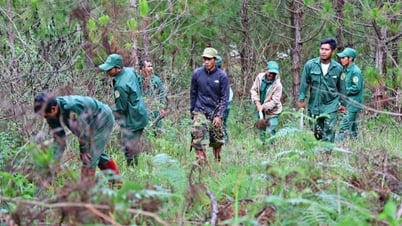

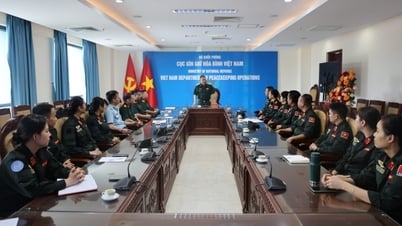
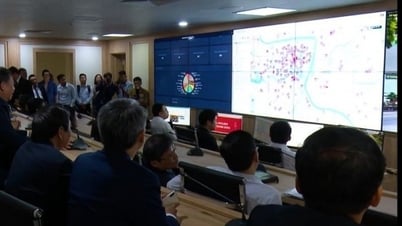

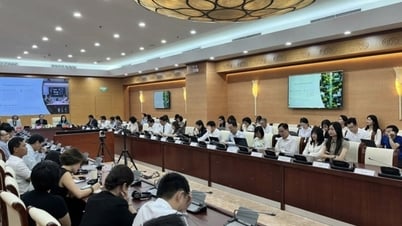
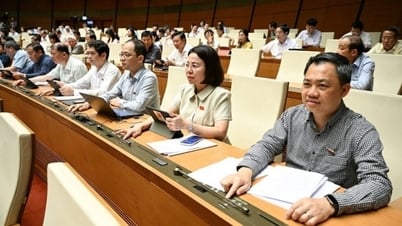







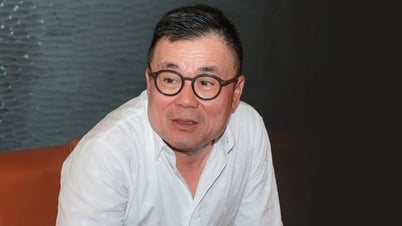
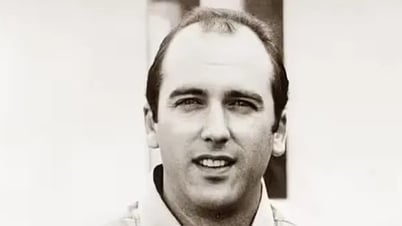
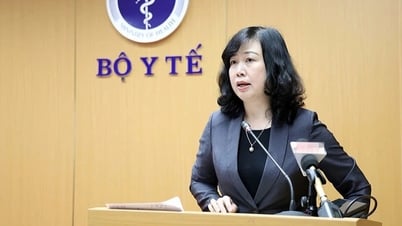










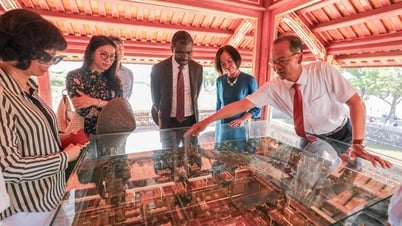









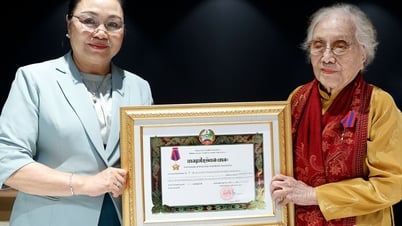


















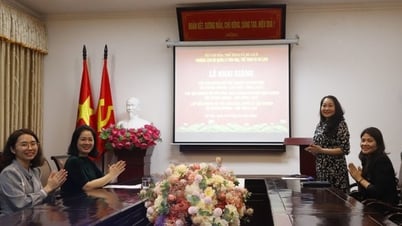

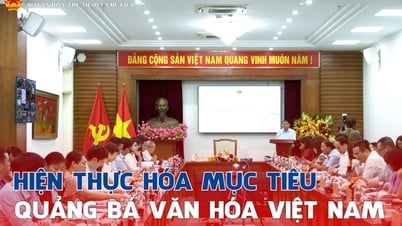
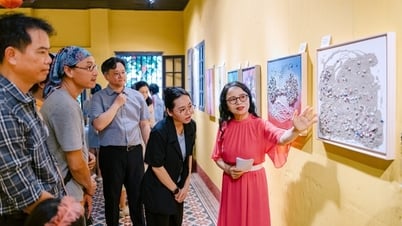
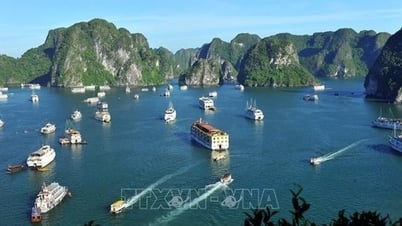
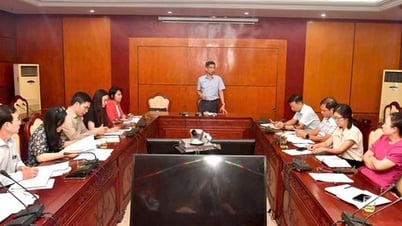
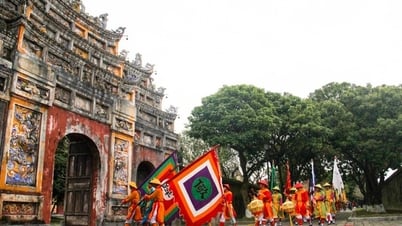


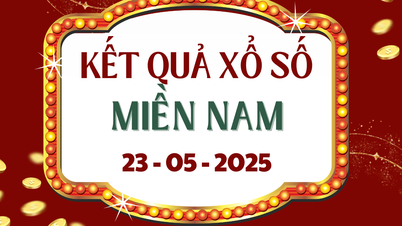

















![[Podcast] Week introducing more than 500 OCOP products in Hanoi](https://vphoto.vietnam.vn/thumb/402x226/vietnam/resource/IMAGE/2025/5/22/d144aac2416744718388dbae3260e7fd)

Comment (0)